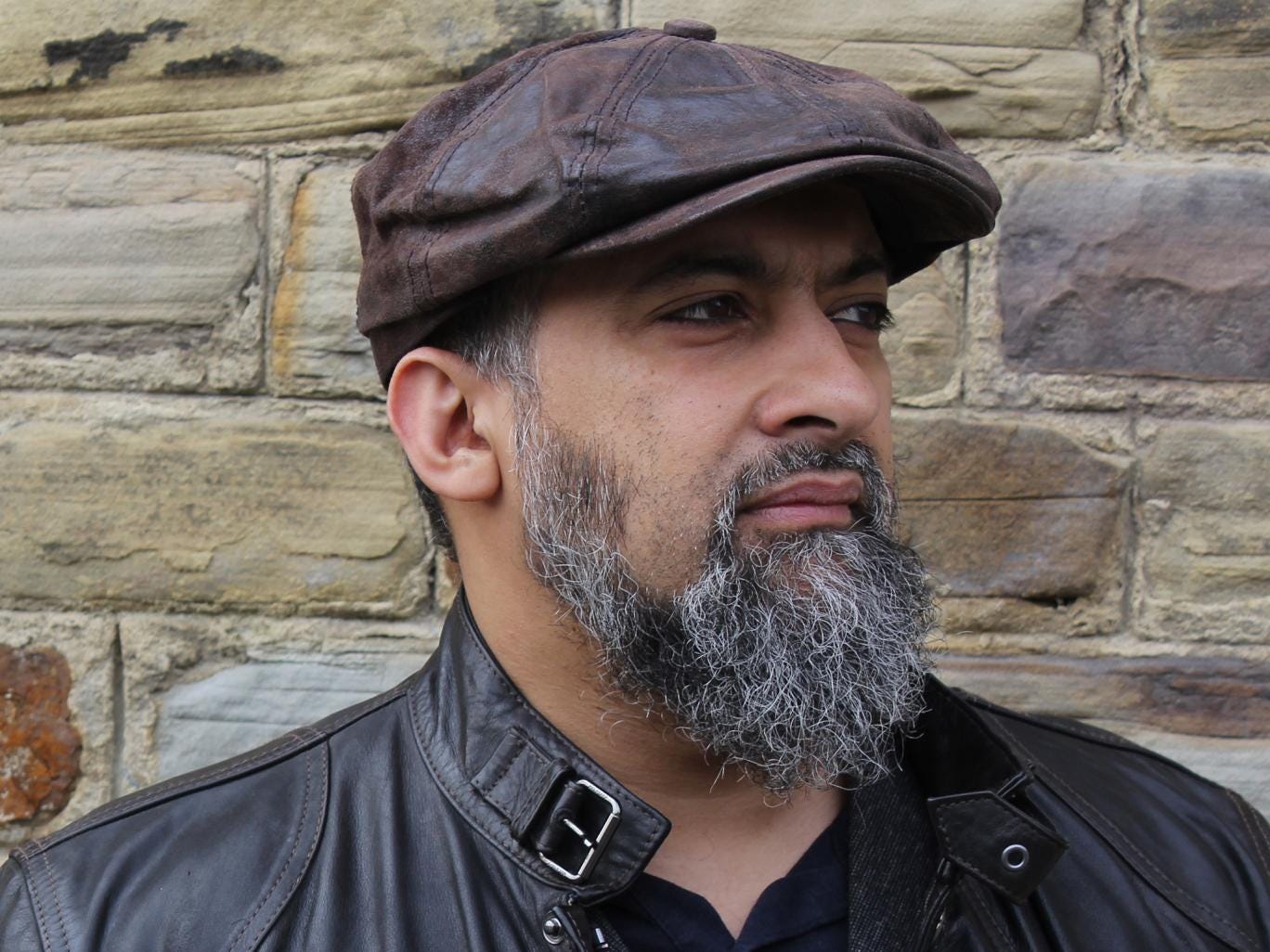From The Independent (UK)

by Mobeen Azhar
In the front room of his suburban Bradford home sits Imam Alyas Karmani. On the hour, he receives a scheduled Skype call. The woman speaks softly and there’s nervousness in her tone. She’s calling from Morocco and though she’s in her twenties, she says she’s afraid of her parents hearing the conversation. “I felt so bad about my habit that I used to cut myself. You have really helped me, Imam. Thank you.”
This is one in a series of counselling sessions with “Nadia”. For months now, she’s been in conversation with the Imam. He reassures her: “Masturbation is not forbidden.”
For a BBC radio programme, The Muslim Sex Doctor, I spent a week sitting in on the Imam’s sexual counselling sessions, meeting and hearing for the first time from the men and women who turn to him for pastoral advice about their sexual concerns or passions. It’s a valuable insight into a community that normally just doesn’t talk about sex. It is a subject where people growing up amidst both Muslim and Western culture have very different levels of acceptance, and that can leave many who value their faith confused or worried. As a society, we ought to understand this dilemma better, so I have tried to find out why in modern Britain his clients come to get sex advice in a specifically Islamic context. The frankness with which the Imam discusses anything his clients ask him about may be alarming to people who are used to the discussion of sex being explicitly, and often exclusively, linked to procreation. As a result, this Imam has gained an international reputation for applying the Koran and Hadith (accounts of the Prophet Mohammed’s life) to the sex lives of Muslims.
The Iman tells me he “grew up in Tooting and the general rule was: don’t get seen with a girl and don’t talk about sexual feelings. Muslims in Britain and in much of the world are in a state of sexual denial.”
Even putting aside his enviable flat-cap collection, Alyas is not an average Imam. He studied psychology at Glasgow University and is working on a PhD in “The Crises of Masculinity and Urban Male Violence”. He loves bossa nova jazz but gave away his entire record collection when he discovered a more “orthodox” version of his faith in the late Eighties. Today, at fortysomething, he is as comfortable discussing contemporary culture as he is leading Friday prayers at Bradford’s Muhammadia Mosque. It’s precisely this ability to tread two cultures with such grace that makes Alyas a boon to many Muslims in Britain who would be reluctant to share the intimate details of their sex lives with most other Imams, with family members or even friends.
Alyas tells me there is a method and a logic to forming his conclusions. “I have studied this area extensively and we know that everything is halal [permitted] unless it is expressly prescribed as haram [forbidden].” It’s this method of referencing text that makes the Imam’s advice so palatable to his clients, many of whom would not feel comfortable taking it from an exclusively secular source. But the system of Koranic interpretation and, more so, reliance upon Hadith can be dense and complicated.






